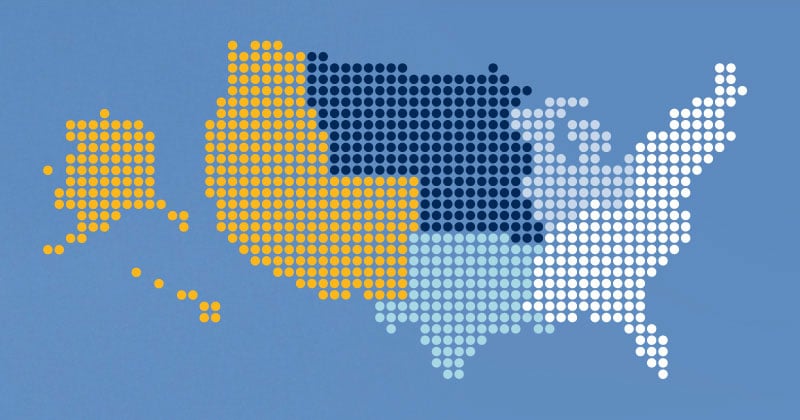An Introduction to the National Oil Bargaining Program
National Oil Bargaining Program
Union workers came together in 1965 to push back against Big Oil and formed the National Oil Bargaining Program. The program established a common expiration date and an oil policy that would be applied across the industry, regardless of employer. This was an important victory for workers and has been the root of our bargaining power since.
Today, the National Oil Bargaining Program includes more than 30,000 USW oil workers across dozens of employers in more than 200 bargaining units.
The program includes refining, production, pipelines, maintenance, storage and petrochemical facilities that represent roughly two-thirds of all U.S. refining capacity.
National bargaining sets wage increases as well as other items, including health care cost sharing, training, health and safety issues, protections against layoffs, and security for benefits in case our facility is bought or sold.
Together, we bargain with the industry for improved wages, benefits, job security and safety protections.
Who represents us at national bargaining?
The National Oil Bargaining Program is chaired by Mike Smith.
Additionally, each Region elects a policy committee member and an alternate.
Policy committee members and alternates
Region A (District 1, 7)
- Justin Donley, Local 912, PBF
- Jim Witt, Local 1-346, Cenovus
Region B (District 4, 8, 9, 10)
- DeVon Crawford, Local 10-234, Monroe Energy
- Preston Scarberry, Local 4-898, PBF
Region C (District 11)
- Chris Mishkee, Local 662, Flint Hills
- Andrew Racki, Local 443, CHS
Region D (District 12)
- Casey Wardell, Local 12-578, HollyFrontier
- Scott Campbell, 12-591, Shell
Region E (District 13)
- Brandi Sanders-Lausch, Local 13-1, Marathon Petroleum
- Eric Roy, Local 750, Shell
The National Oil Bargaining Policy Committee Members were elected by Local Union delegates at the September 2024 National Oil Bargaining conference.
Getting Ready for Bargaining
Our existing four-year national pattern agreement expires on January 31, 2026. Look for more information in the coming months as we gather feedback, work to build solidarity and prepare for national negotiations.
Receive mobile alerts about contract negotiations
Text OIL to the phone number 47486
By opting-in for text message updates, you agree to receive recurring messages from the USW; message and data rates may apply. To opt-out, text stop. For help, text help. Full terms and conditions at usw.org/text. No purchase necessary.

